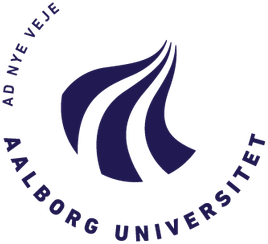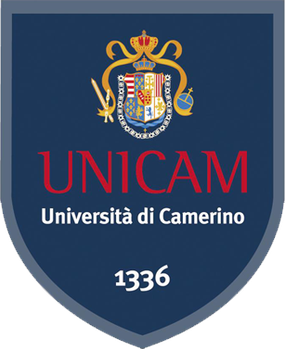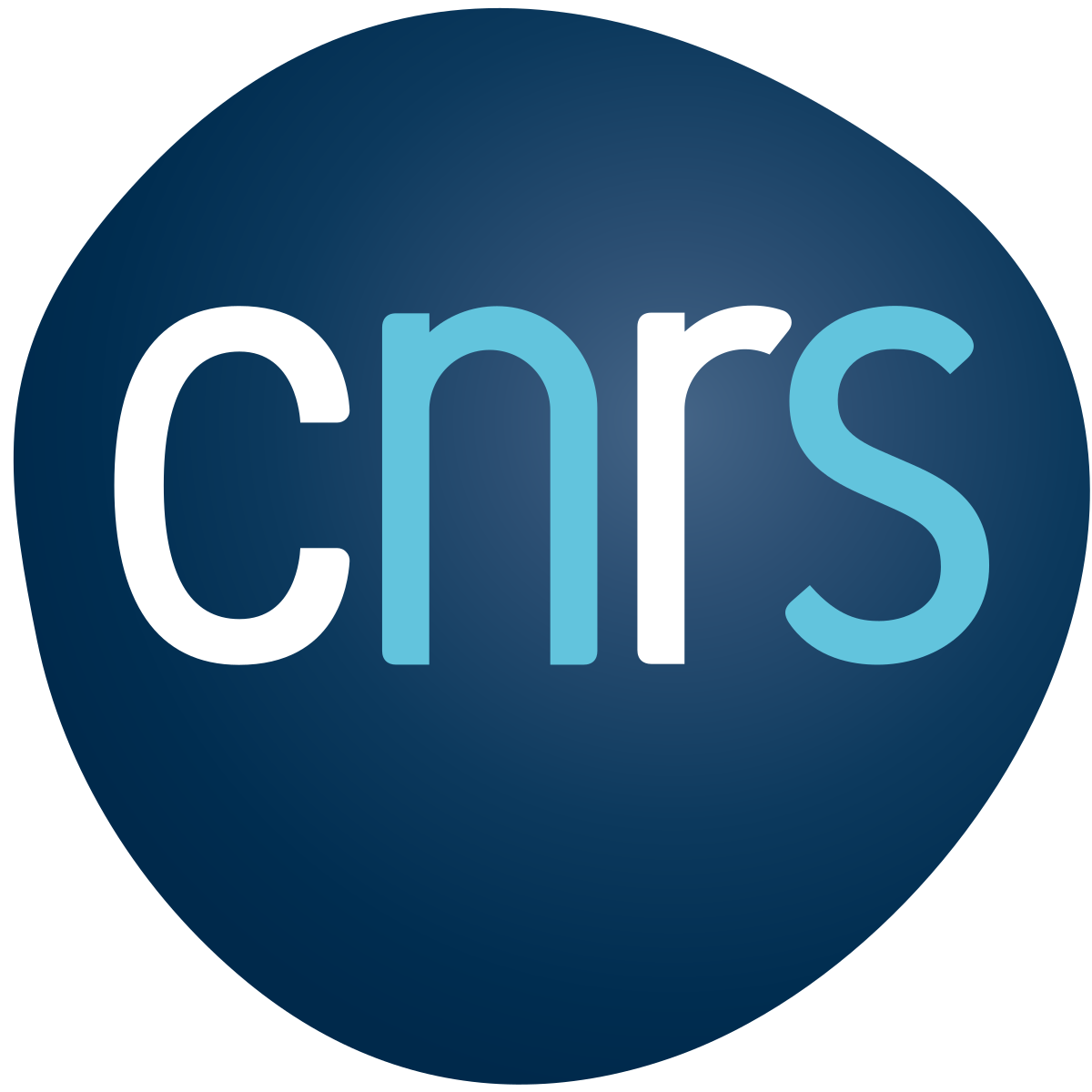11th International Summer School on Digital Government - opengov2024
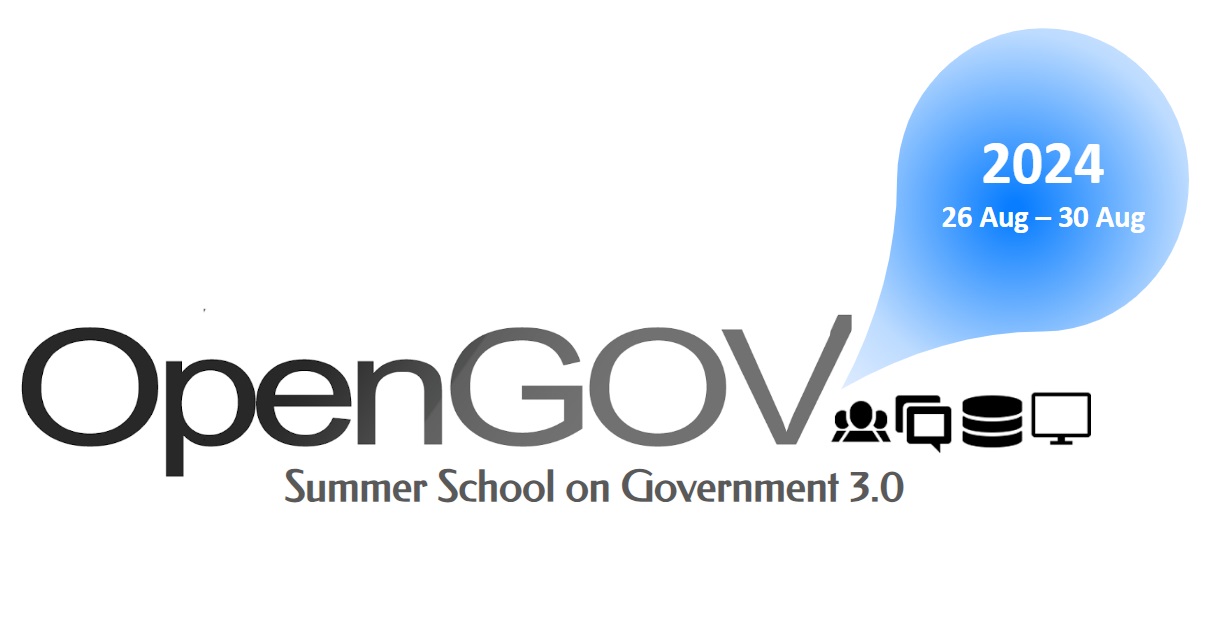
The 11th International Summer School on Digital Government takes place on the beautiful island of Samos and focuses on Technologies and Applications for Government 3.0, a really growing, diverse and challenging domain.
The Summer School on Government 3.0 is organized by the Department of Information and Communication Systems Engineering, University of the Aegean and provides a unique opportunity for participants to interact with internationally acclaimed scientists and researchers in the domain of ICT-enabled Governance, to develop their skills in the areas of policy modelling, information management, disruptive technologies in governance, and more.
OpenGov2024 may be of interest to the following:
- PhD Students interested in open government, data-driven governance, and data-driven research;
- Professionals and researchers working on open government and advanced democracy research and interested in new disruptive ICTs in e-government; open data research or open data initiatives; topics related to public values, including transparency and privacy in a governmental context; policy modeling, and data-intensive decision making.
- Senior administrators, policy advisors, government officials or agency members, who are interested in how ICTs change governments and how ICTs can be utilised for public administration.
In Collaboration with:
Scope
The aim of OpenGov2024 Summer School is to enable participants' involvement in Open and Collaborative Governance issues and their accompanied technologies with hands-on Workshops, interactive sessions and discussions around the most prominent technologies of the domain (e.g., big and open linked data, blockchain, artificial intelligence and machine learning, large language models, crowdsourcing mechanisms, policy modelling and simulation, opinion mining and sentiment extraction, and more), and offer appropriate additional skills towards shaping a successful researcher, a competitive employee and a well-informed public servant.
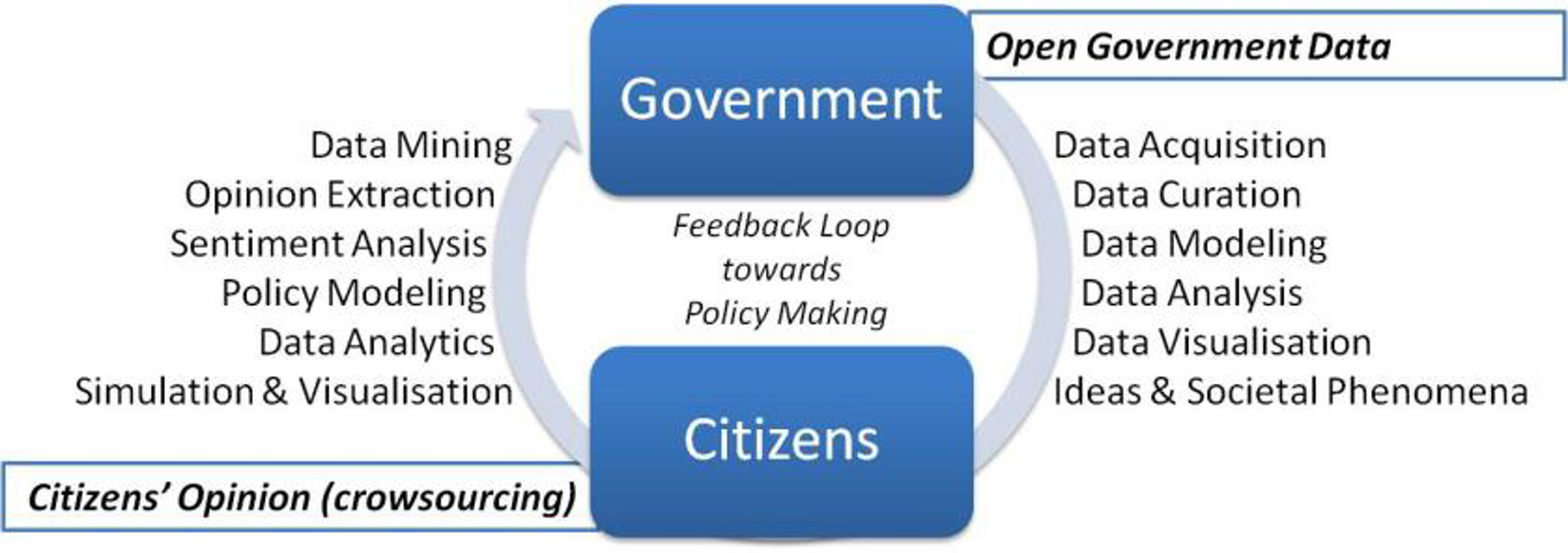 The current state of the art and practice in the area of Electronic Governance has up to now been tackling important problems for administrations and societies such as service provision, automation in the public sector, interoperability and common standards, information systems, security and authentication, and issues of legal nature. At the same time new, highly disruptive ICTs are emerging, maturing and increasingly utilized in the private sector, leading to major transformations, such as big data acquisition and analytics, Internet of Things (IoT), artificial intelligence, bots and agents, data mining, distributed ledger technologies and block-chain, virtual spaces, etc. These ICTs will bring in new opportunities for the public sector and societies, aiming to address severe, social challenges and problems. It is important that these issues are also viewed through the lens of e-democracy. E-Democracy by definition combines technology and democracy and, ideally, is a multifaceted and interdisciplinary research seeking to enhance public rule, citizen engagement, and direct unobstructed accountability, improving the situation for various challenges in society.
The current state of the art and practice in the area of Electronic Governance has up to now been tackling important problems for administrations and societies such as service provision, automation in the public sector, interoperability and common standards, information systems, security and authentication, and issues of legal nature. At the same time new, highly disruptive ICTs are emerging, maturing and increasingly utilized in the private sector, leading to major transformations, such as big data acquisition and analytics, Internet of Things (IoT), artificial intelligence, bots and agents, data mining, distributed ledger technologies and block-chain, virtual spaces, etc. These ICTs will bring in new opportunities for the public sector and societies, aiming to address severe, social challenges and problems. It is important that these issues are also viewed through the lens of e-democracy. E-Democracy by definition combines technology and democracy and, ideally, is a multifaceted and interdisciplinary research seeking to enhance public rule, citizen engagement, and direct unobstructed accountability, improving the situation for various challenges in society.
Government 3.0 refers to the use of disruptive ICTs (big data and artificial intelligence technologies) in combination with established ICTs (distributed technologies for data storage and service delivery) and the wisdom of crowd (crowd-sourcing and co-creation) towards data-driven and evidence-based decision and policy making.
Topics
The topics addressed by the OpenGov2024 Summer School include a wide range of information and communication technologies and social science issues, covering the whole domain of Digital Government under the following thematic areas:
- Big and Open Linked Data applications and technologies
- Big Open Legal Data services and infrastructures
- Data-driven decision making
- Open Government & E-Democracy
- Policy modelling and electronic policy deliberation (e-participation)
- Artificial Intelligence, machine learning, and data mining tools and techniques
- AI Ethics and Governance
- Large Language Models (LLMs) for digital government
- Virtual and Augmented Reality
- Smart Cities
- Mobile and cloud technologies for open and collaborative governance
- Interoperable infrastructures: Technical, semantic and organisational interoperability
- Deliberative Democracy. Tools available. Tools to be developed
- Objections to direct democracy: Examining weaknesses, like (arguably) the risk of manipulation of opinions, easy polarization, populism, and demagoguery
- Objections to direct democracy: Data protection and privacy issues - citizen rights
Venue
The opengov2024 Summer School will be held in the Provatari building.




